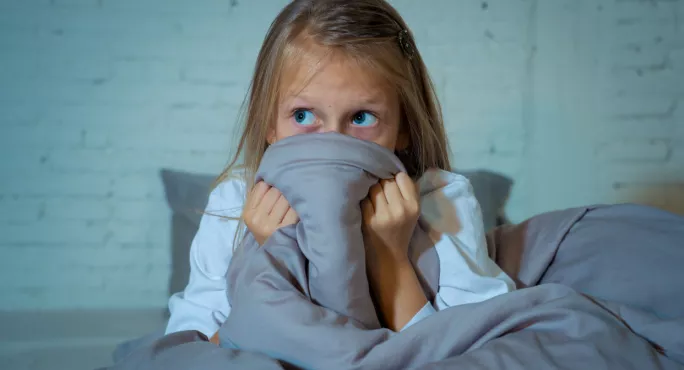It would be fair to say that kids can be a bit melodramatic. The slightest whiff of bad weather or illness can result in mass hysteria and cries to shut the school.
The start of this half-term has been especially tough, as teachers have had to contend with both inclement weather, uncertain political landscapes and the spread of coronavirus.
Although we might also secretly hope that school will shut, we despair that our carefully planned lessons and mock-exam preparations are being disturbed by the constant questions and drifting imaginations, as students envisage what they could be doing with a free day.
Six inches of snow
Where I teach, in Saddleworth, we get proper snow. Being smack-bang in the middle of the Pennines means that six inches-plus of snow is a regular annual occurrence.
While much of the South tends to start shutting its schools down after a mere smattering on the pavements, our caretaker is in at 5am on his snow plough. It’s business as usual for us.
However, the fact that the school has very seldom been closed still doesn’t stop students constantly asking whether this time they will get some unexpected time off. Nor does it stop them staring out of the window, daydreaming, while you try to teach Shakespeare.
Mild hysteria
The latest news on the spread of coronavirus, and the decision of some headteachers to close schools has led to a kind of mild hysteria, the like of which I have never witnessed in a 12-year teaching career.
Rumours abound about people in the next village along, who allegedly have it. And every small sniffle, sneeze or cough is looked on with suspicion.
Children who previously seldom - if ever - washed their hands now carry hand sanitiser around with them everywhere, spreading its gloopy mess all over their books until they become impossible to mark.
However, while all of these questions may seem annoying and certainly disrupt teaching and learning, this trend for dramatic fatalisation should ring alarm bells.
Fake news and misinformation
We increasingly live in a society of viral rumours, fake news and misinformation. At the touch of students’ fingertips is a whole host of incorrect facts and conspiracy theories, and it can often be difficult for students to tell fact from fiction.
For a young person who is trying to navigate an ever-changing and increasingly unpredictable world, the news headlines can seem a bit like that dystopian novel they’re studying in English.
As adults, it is our job to reassure them, help allay their fears and equip them with the critical skills to be able to see through the moral panics created online. We need to help them stay calm and get on with the business of learning and growing up.
Haili Hughes is an English teacher at Saddleworth School in Oldham, Greater Manchester. She tweets @HughesHaili




